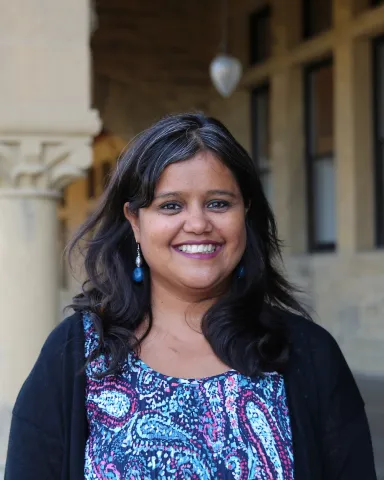
Saloni Gupta

I graduated last year from the IEPA MA Program and started working at Central Square Foundation (CSF) in New Delhi. In this last one year, I have been able to shape a policy initiative for one south Indian state. This policy recommendation has evidence rooted in other developing countries (Pakistan, Mexico, Chile, and a north Indian state) but at a very small scale – a few villages at the maximum. The state government didn’t want more evidence but a sustainable and a scalable solution that they can make into a policy.
My team demonstrated the operationalization using government machinery with reliable results in 1 out of 13 districts in the state. As the top education bureaucrat of the state puts it, “CSF bringing just the power of idea in one district and operationalizing it using our people and resources show how far we can go with just a good intent.” The government has now decided to scale the recommendation to all 13 districts of the state. The metamorphosis of global evidence into a policy - I believe this is what I had learnt in my Stanford IEPA experience.
Almost 9 years ago, I left a cushiony job as a software engineer. I started my experience in education sector in two classrooms in Teach For India which made me believe in the power of quality education to fundamentally shift the life of the students. My next two experiences in education start-ups gave me insight into scale and market solutions. What brought me to international education policy was the fact that some problems can’t be solved alone by market and they need an enabling environment in form of good policies enforcement. My current experience makes me feel that I have come a full circle in finding answers to questions with which I started. All of these combined experiences have sealed my vocation and motivations to dedicate my life in bringing research, policy, and system stakeholders together.
From here, I am headed to a PhD program at Columbia University in Economics of Education to shift my scale further up and to develop expertise in the power of education policy. Stanford’s Master program experience had taught me how to generate evidence, consume global evidence, build a case for the policy in a specific context, and to ensure sustainability in those recommendations. These are universal principles and can be applied to both developed and developing countries. For us to succeed in solving education crisis in the world, it is the training like this that can equip us and make us stronger agents of change.
